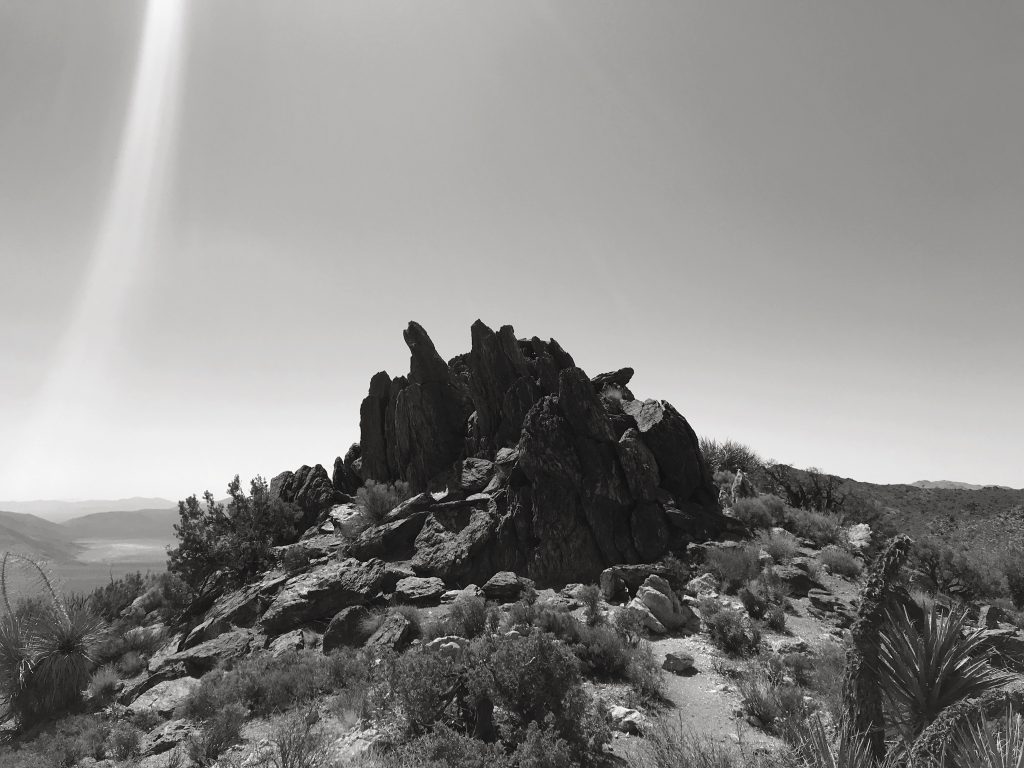I read something about silence today
in an interview with Bernard Seynhaeve (who is the current President of the New Lacanian School) about his decisions to cancel the NLS Congress on interpretation, which would have taken place later this month due to COVID-19.

When the interviewer asked Seynhaeve about his decision to cancel as opposed to postponing the congress he replied
Well, for all of us, what has befallen us came out of nowhere, and it rendered us speechless. […] there are no words, it overcomes you and makes a hole in knowledge.
The “it that Seynhaeve is speaking about here is the real. COVID-19 is an example of the real, of the very real fact that our lives are contingent and not guaranteed. Seynhaeve continues by saying,
I noticed that this hole has been immediately covered up in different ways by a lot of people, by attempts to fill it in with words, with knowledge. […] Some people, some groups […] have suggested for example creating places where doctors and paramedics could meet and talk about their trauma. I personally did not think this was a good idea. That’s just my opinion. And there were others who wanted to start writing in order to fill the hole. I did not want that. I wanted to consent – that’s the right word – to this real.
I really liked these words. I like what they say, and I like how it is said.
It also reminds me of something Wittgenstein said at the end of the Tractatus Logico-Philosophicus.
What we cannot speak about we must pass over in silence.